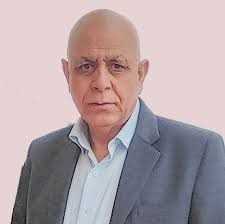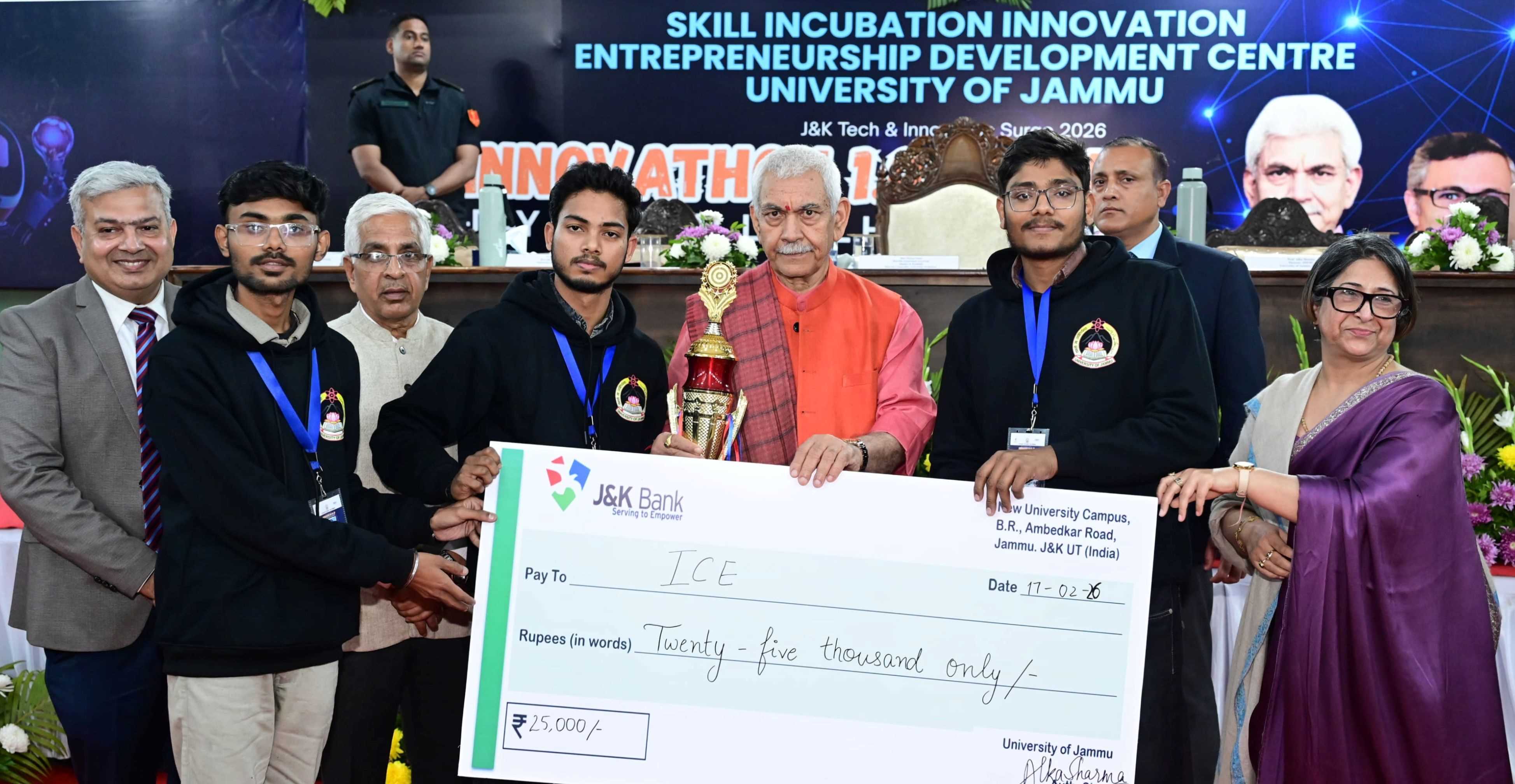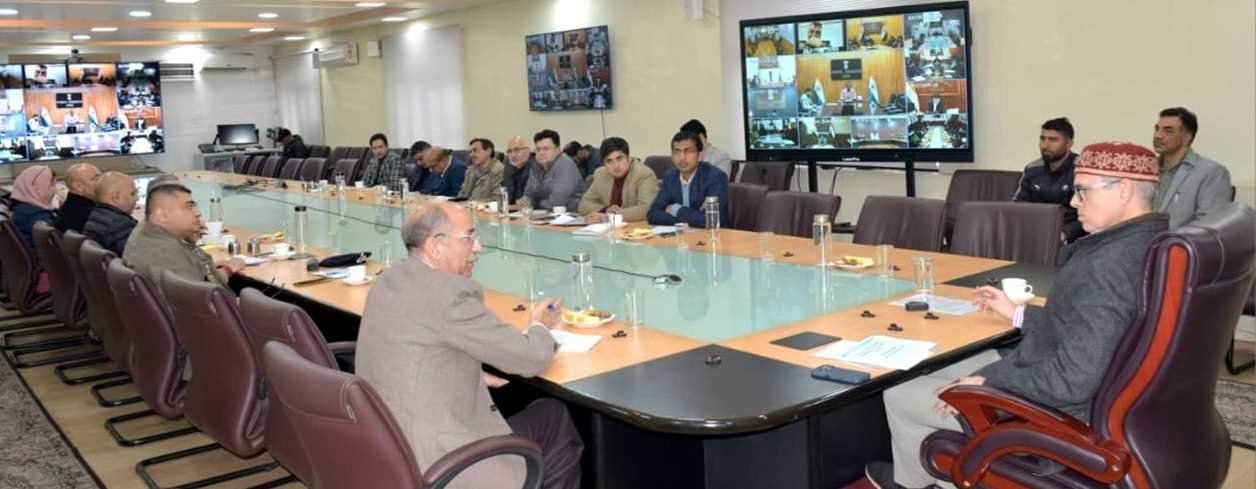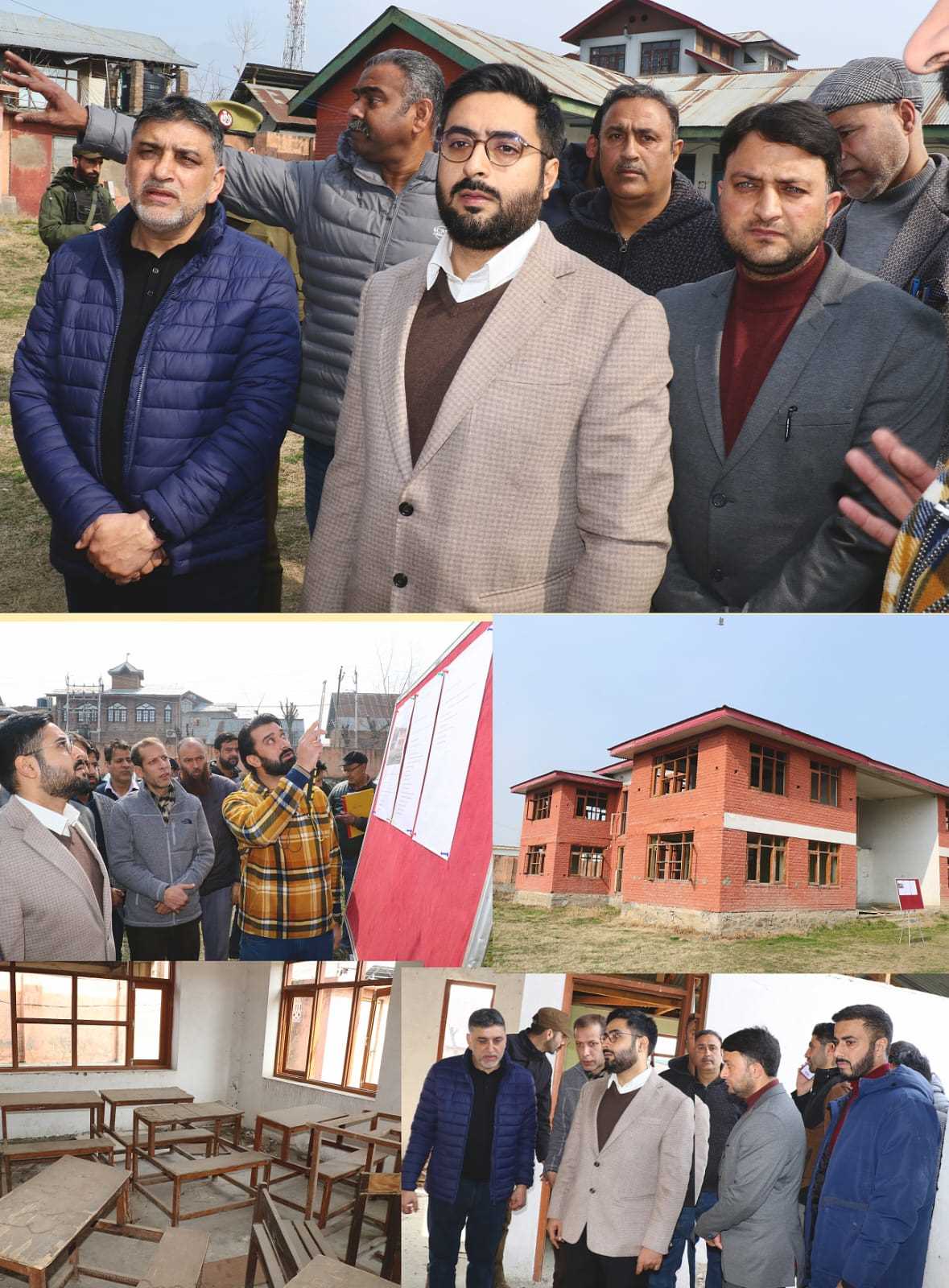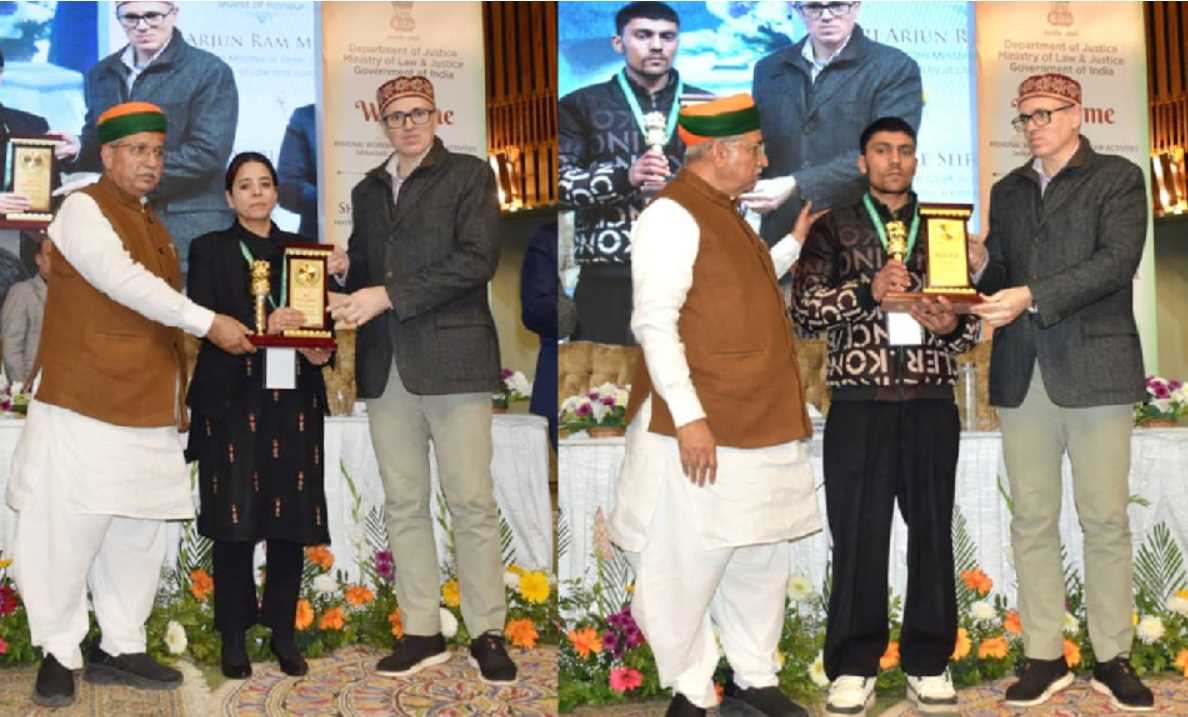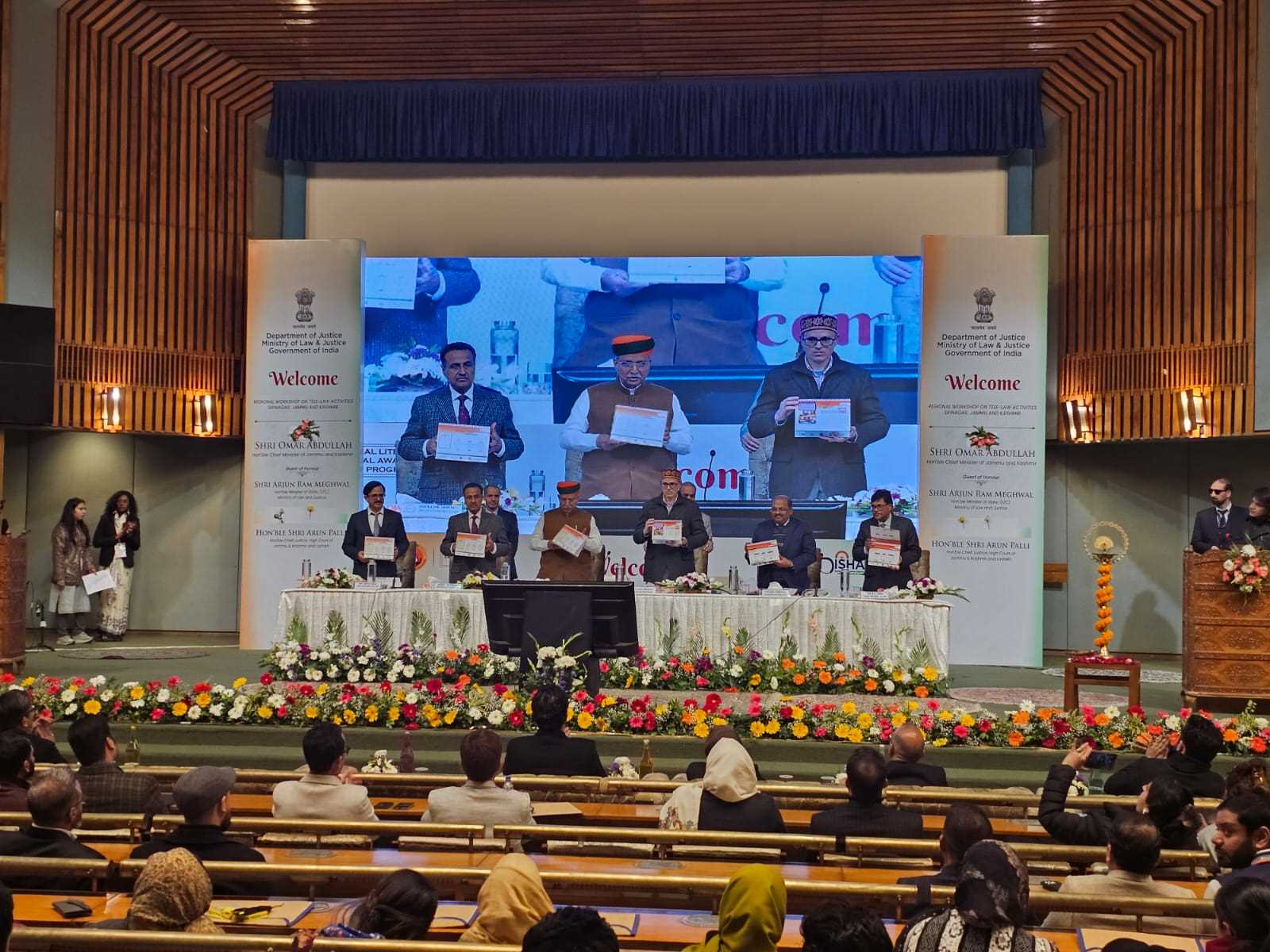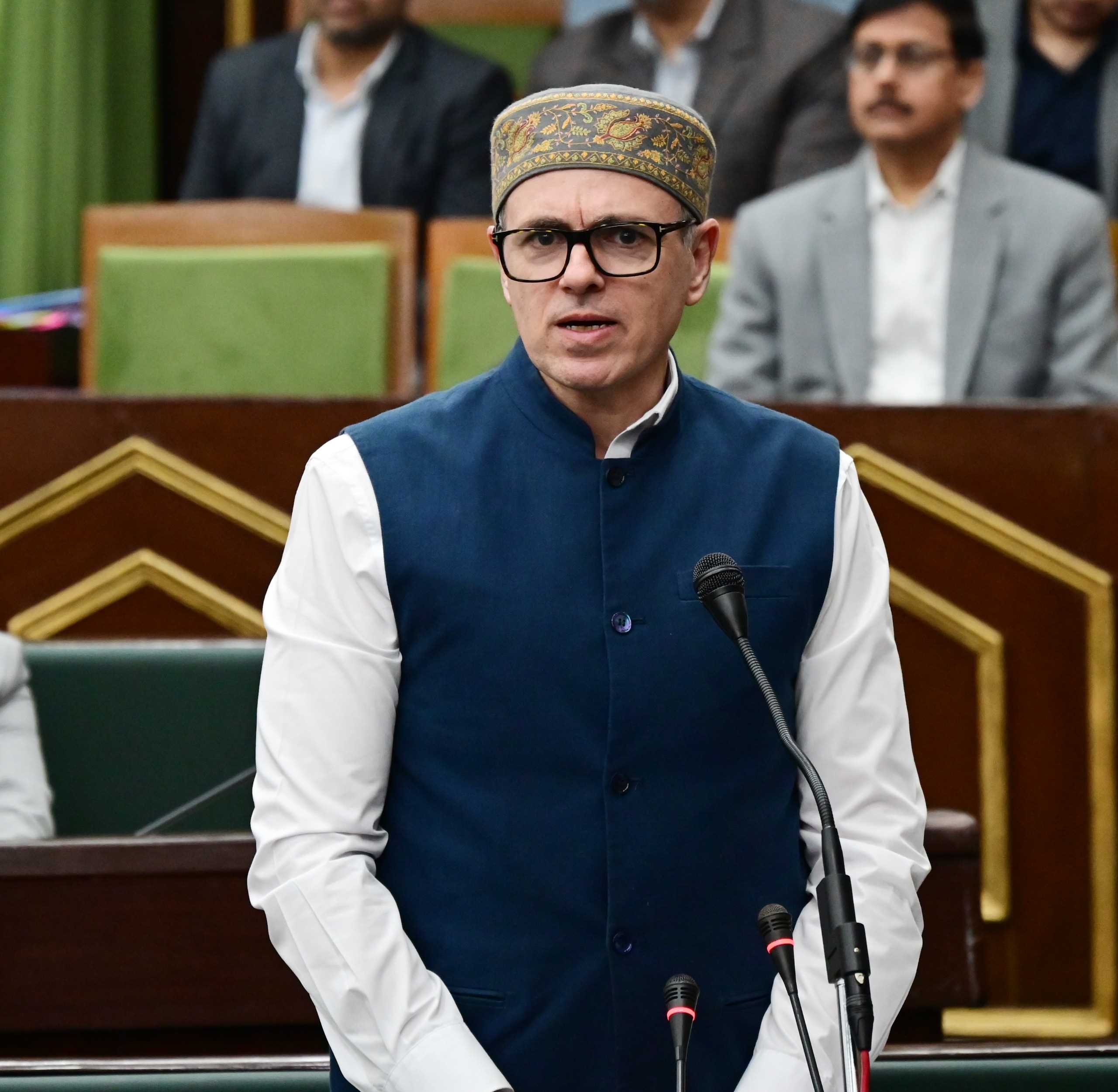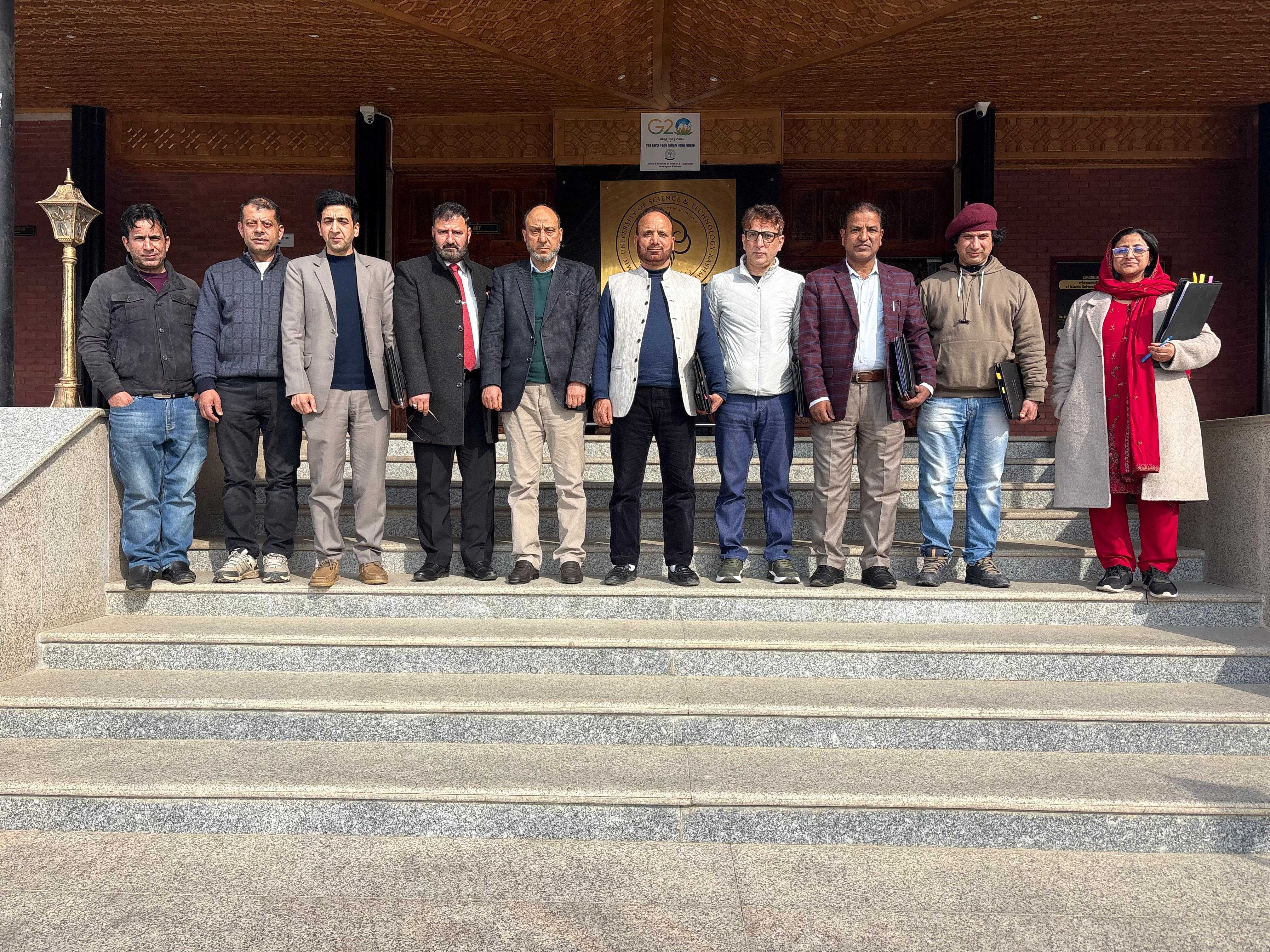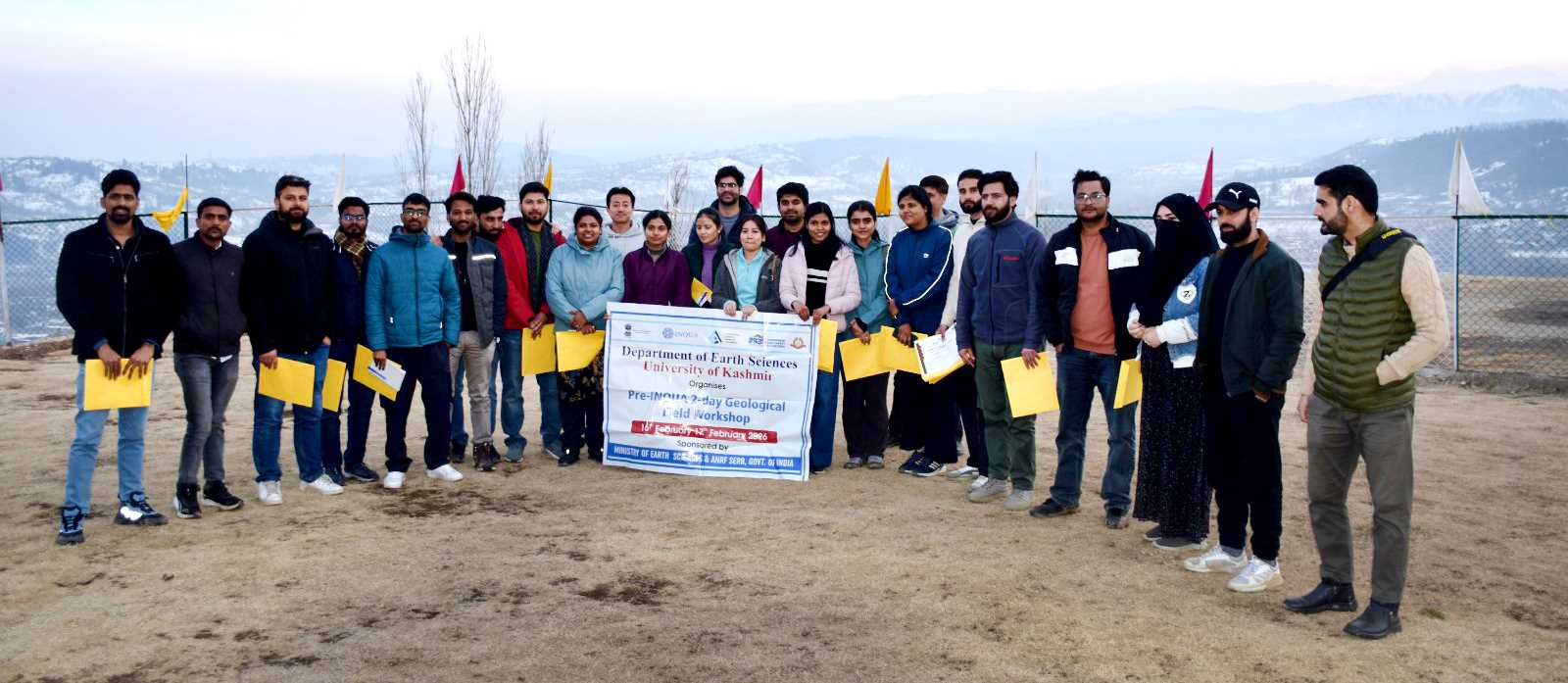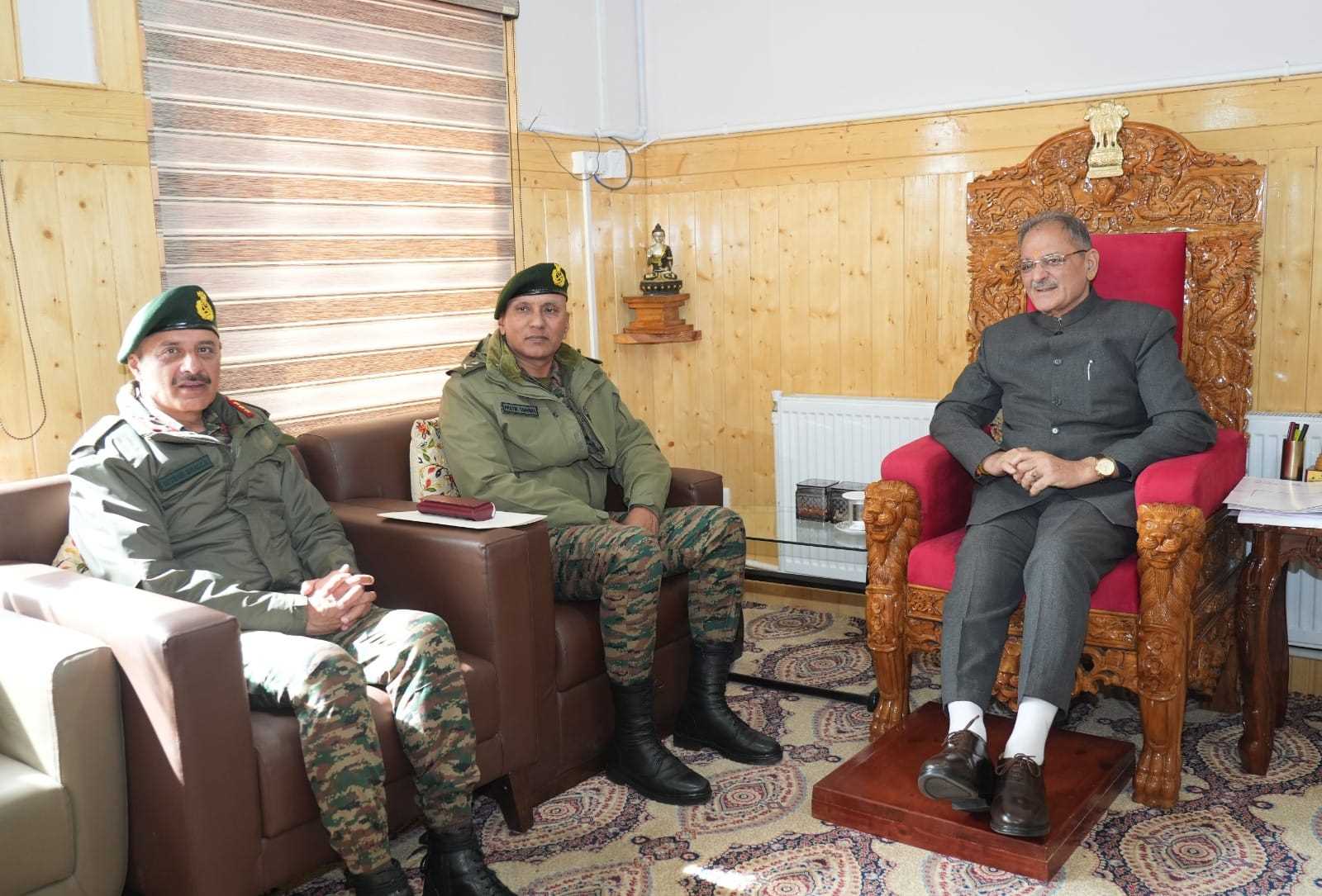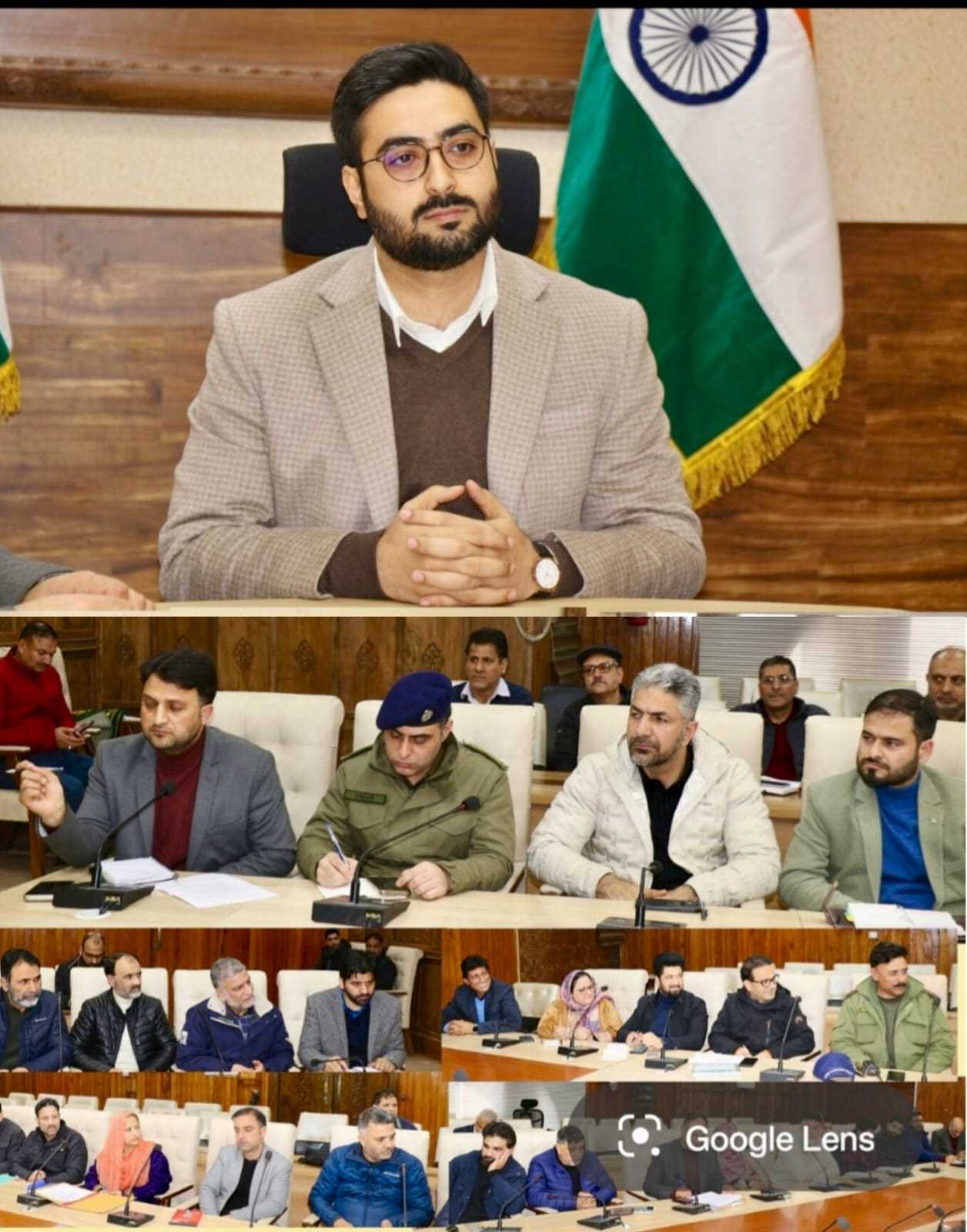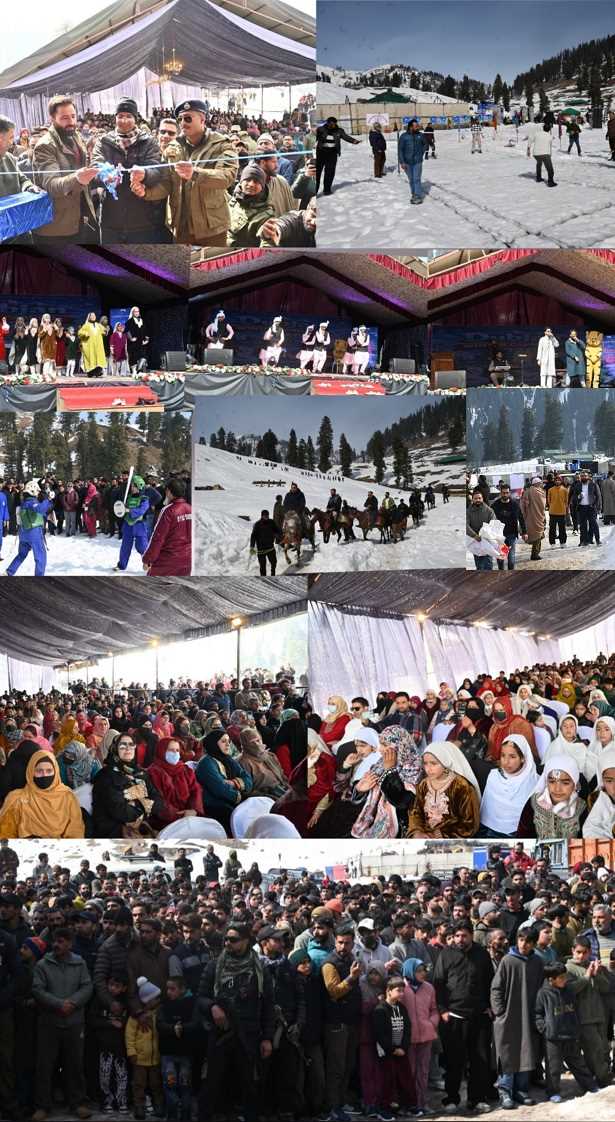“Journalism is a great enabler to keep up the best democratic traditions of a country as a role model, in every facet of life. Yesterday, it was for the millions, today it is for the billions” maintained Avul Pakir Jainulabdeen Abdul Kalam, former President of India during his media interactions after leaving office.
Kalam was sanguine that newspapers and extended media had a distinct role to play in disseminating knowledge and complex information to the masses by making it explicable. He was of the view that in a well-heeled and mature democracy such as India, divergent views were essential and needed to be encouraged to move resolutely towards a citizen centric and Constitution-guided society.
“The media must become the voice of a billion. It needs to represent and connect with the entire nation, including rural populations, rather than just the urban population. The media needs to extend its reach to every village and grow its roots there,” said Kalam. This quote aptly reflects his broader vision of an inclusive and developed India in which every citizen feels empowered to have a say in the national discourse.
Kalam’s wise words about Indian media not realising its full potential rings true even today, years after his passing, for this medium of interaction faces huge challenges, including regaining its credibility as the “Fourth Estate” and “Society’s Watchdog”.
Today, journalistic independence stands severely compromised by political interference, misinformation/disinformation and proliferation of fake news, vested interests acquiring media ownership, threats and harassment of journalists, digital disruption and the impact of Artificial Intelligence (AI). All these negatives have led to eroding public trust and hindering the media's ability to provide objective information and analysis, not to speak of holding power accountable to the common man.
In October 2011, about eight months before he was to demit his office as President of India, Kalam, in a lecture to the Press Club in Bangalore, called for an end to sensationalism in journalism and batted for the establishment of special courts to combat official corruption.
Painstakingly emphasising Indian media's role as a partner in national development, he appealed to the Fourth Estate to avoid sensationalism and seek to provide unique and impactful news that would inspire India's vast population, especially its rural base. He recommended that the media should write more on positive, constructive and development-linked issues like organic farming, water body rejuvenation, the need for efficiently using Panchayat funds, etc., to foster a spirit of positive change across the country.
His common-man approach to the pressing issues of the day came to the fore when he identified himself as a writer and informed that he had also acquired experience as an editor of an e-paper. It revealed his deep understanding of the Indian media landscape.
Media, he stressed, should focus on disseminating that kind of news that affected the daily lives of India’s citizens, be it write-ups about innovative agricultural practices, successful water management projects, or functioning of local government bodies.
He believed that the media needed to update itself continuously in the knowledge domain and there must be no room for sensationalism. "Reporting on events and issues needed to be unique and large-hearted, and not substantially negative, to give hope for a better tomorrow for all Indian citizens," Kalam said.
In this context, he referred to a meeting that he had with the Editors Guild. He said that "Most of them (editors) were of the view that people like to read sensational news. I did not agree. They then asked me to head a newspaper organisation. You know what it meant," he had said then with a smile.
Describing the ignited mind as one of the greatest resources on earth, Kalam often said that the media in India is excessively obsessed with negative and tragic news, front-paging it all, if not most of the time, in the quest for improved TRPs and widening of its subscription base. However, in other parts of the world, he said this was not necessarily the case.
When asked what he would like to see in a newspaper, Kalam said, "More positive and research-based stories," adding, “That young Turks below 35 years should be encouraged.”To emphasize his view, he said, “Our media is only obsessed with bad news, failures and disasters. I was in Tel Aviv (Israel) once, and I was reading the Israeli newspaper a day after Hamas had carried out several attacks and bombings resulting in substantial casualties.
He went on to say that the front page of the newspaper had the picture of a Jewish gentleman who in five years had transformed his arid land into an orchid farm and a granary. “It was this inspiring picture that everyone woke up to. The gory details of killings, bombardments, deaths, were inside in the newspaper, buried among other news.”
He also questioned the need for Indian media to focus only on death, sickness, terrorism, crime, etc., and “Why are we, as a nation, so obsessed with foreign things? We want foreign TVs, we want foreign shirts, and we want foreign technology….”
“It is true that everything cannot be black. Media has to take a balanced view from the available information. They should definitely celebrate the successes of our societal members,” he said.
Today, while we as a nation are talking about and engaging in a discourse about “Atmanirbhata”, or “self-reliance” in every field, including the media, let’s not forget that Kalam was doggedly espousing self-reliance more than two decades ago, both during his presidency and after he had demitted office.
Kalam asked, “We are such a great nation. We have so many amazing success stories, but we refuse to acknowledge them. Why? We are the first in milk production; we are number one in remote sensing satellites; we are the second largest producer of wheat. Why are we, as a nation, so obsessed with foreign things? Why this obsession with everything imported. Do we not realise that self-respect comes with self-reliance?”
It may be recalled that during the winter of 2007, Kalam and a few trusted aides gave shape to “Billion Beats”, an e-paper that aimed to capture positive stories about Indians. He guided his team on this project- how the e-paper should look, its content, logo, design, catch-line, etc.
The team was given a week to get the template ready and Kalam reviewed the project on a daily basis. His trusted aides, R. K. Prasad and V. Ponraj, were given the responsibility of overseeing the e-paper from New Delhi, while the editorial team was based out of Bengaluru and the tech-support team from www.abdulkalam.com was stationed at Madurai in Tamil Nadu.
“Billion Beats” was launched on November 14, 2007 before an audience of more than a lac students in Karimnagar, Telangana’s third largest city. It immediately caught the imagination of the national media, who hailed Kalam as “the new editor in town”.
Kalam then said that he was happy to see so many positive stories and said “We need to always celebrate the success of India by highlighting the stories of (its) unsung heroes. It could be farmers, teachers, drivers, cooks and carpenters. They all are part of Team India,"
Four years later, on October 17 2011, he once again urged the media to be honest while reporting. "Journalism is truth expressed in intelligible language for information, inspiration and the education of the readers. True journalism vitalises the nation, ethics and values. There is no room for sensationalism in it, even if in the short run it might sell. It will be sheer sacrilege. True journalism is courageous, truthful, inspiring and exalting."
At the end of his lecture to journalists in Bangalore, Kalam asked journalists to take an oath, which went as follows:
“I love my profession, journalism. As a young at heart journalist, I am a partner in national development. As a young at heart journalist, I will always increase my research and analysis capability through university training. I will promote through the media the good news about the nation wherever it takes place. I will visit water bodies in panchayats and report how it is maintained. I will celebrate the success of our people particularly in the rural panchayats, whether it is in agriculture, fishing or craftsmanship or tourism. I will propagate innovative growth and success stories to different parts of the country for emulation by similarly placed people. I will report innovations, societal movements wherever it occurs. My National Flag flies in my heart and I will bring glory to my nation.”
He always felt that the media had the requisite tools to play a very important role in changing the mind-set of every Indian citizen and the ability to convince people to think in terms of doing their bit for the country, rather than always expecting the government of the day, or every unit of the administrative machinery, to deliver on everything, including basic needs, without too much cost.
“Everybody is out to abuse and exploit the country. Nobody thinks of improving the system. Our conscience is mortgaged to money,” the former president had said then.
Today’s India would be surprised and shocked to know that though Kalam became the 12th President and was a world-renowned scientist, besides being a recipient of several national awards, he faced huge financial difficulties during his childhood.
In order to support his family, young Kalam took up several jobs, including one to sell newspapers. He used to help his cousin collect bundles of newspapers that were thrown out of moving trains, and then proceed to hawk them for small wages.
These experiences taught him the value of hard work and perseverance and though Kalam may no longer be amongst us, his vision of a constructive and honest media in India endures.
The media needs to free itself from the negative influence of vested interests that compromise journalistic independence and promote biased reporting and the furtherance of motivated agendas rather than public interest.
The spread of false information and manipulative content on social media and news platforms is eroding the credibility of Indian media, promoting, some would claim, an environment of fear and conflict within society.
Today’s media space is on a desperate lookout for diversifying revenue streams beyond volatile advertising. Economic hardship has led to layoffs and salary cuts for journalists, affecting their ability to report in detail and with independence. A lack of laws regulating cross-media and community ownership has led to monopolistic control of vast portions of media content, “reducing diversity and pluralism in news and information.”
Journalists, particularly those reporting on sensitive issues like corruption or human rights, are being harassed, some facing charges of or being jailed for sedition. Some have even been physically harmed due to which many journalists today are wary of doing investigative stories.
Traditional media has been disrupted by the emergence of digital media. Media houses and television channels are now altering their marketing strategies with a greater focus on making significant investments in new technologies and shifting their strategies to remain relevant and competitive. The arrival of AI has brought along with it intellectual property conflict and disagreement.
Indian media continues to be sensationalist and bogged down by TRP culture. Such reporting has led to a distortion of facts and presenting non-issues as major news, which takes us away from dealing with real problems of the society, and possible compromise of national security.
The media regulatory landscape also is in dire need of innovation.
The challenge, therefore, is to uphold journalistic ethics, adopt new technologies and facilitate broader public outreach in alignment with Dr Kalam’s holistic vision of national development.
Email:---------farooqwani61@yahoo.co.in
